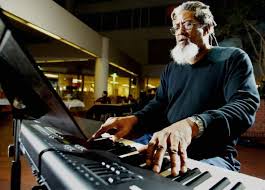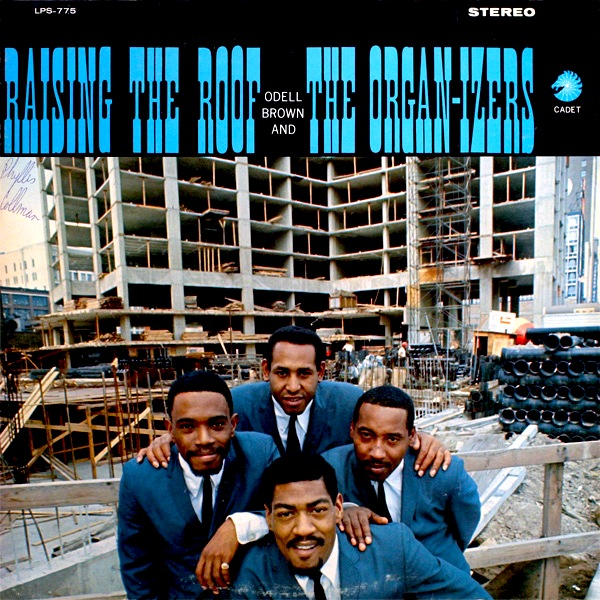When he ‘burst’ onto the fading folk/emerging roots music scene in the early 1970s, John Prine was saddled with the extraordinarily arrogant and burdensome label, ‘the new Dylan’, by the music press. In what his fans were soon to recognize was one of his most enduring traits, Prine shrugged his shoulders and got on with the job of writing and singing some of the most wonderful, moving and humane songs in the American songbook.
In fact, beyond the fact that both Dylan and Prine had Midwestern roots and wrote and sang their own material, you would be hard pressed to find much territory they shared. While Dylan has changed from protest singer to angry young man, recluse, Christian preacher and interpreter of American roots music , John Prine has pretty much ploughed the same furrow for going on 45 years now.
And what a furrow it is. In it Prine digs the rich soil of the basic human nature of the average suburban American. His ridiculous dreams, his car accidents and broken plumbing, his tendency to drink too much beer, his bewildering freakish teenagers, and his loving, long suffering girlfriend. Where Dylan put suburban America on notice with The Times They Are a Changin’, Prine can only shake his head and sigh when Barbara Lewis runs off to join the Hare Krishnas. “Come back to us,” he pleads, not liking the fact that the youngster has left a gaping hole in the family.
Prine’s lyrics are as straight forward and unpretentious as a boilermaker’s bowling shoes. Long words that need dictionaries are nowhere to be found in his songs. He just uses the language and syntax of the guys at the bar. And annunciates in all the wrong places (listen to how to he speaks the word ‘coward’ in the middle of the Great Compromise).
Love, though, is Prine’s great theme. Love between a man and his woman and the kind of love that ebbs and flows and is full of idiosyncrasies like smelly socks and embarrassing tattoos. And when love breaks and fails or doesn’t quite get off the ground, the only response is to take it on the chin and get on with life. No use sitting around crying and moping. No need for angst ridden screeds of revenge ala a certain period Voice of a Generation. “If you don’t want my love/I’ll find someone else to give it to.”
If love makes Prine’s world go round, humor is the grease that lubricates the whole messy contraption. Listen to almost any of his lyrics and somewhere embedded in them is a sly, laid back joke. Your Flag Decal Won’t Get You Into Heaven, Dear Abby, Let’s Invite them Over and Yes, I Guess They Oughta Name a Drink After You are just a few exhibits. While others like Loudon Wainwright III are able to make you smile too, you get the feeling that the song has been written precisely as a joke; to get a laugh. With Prine, even his overtly funny songs are first and foremost about the character and his or her life. Though we may laugh at their stupidity more often we are chuckling, ‘there but for the grace of God’. Prine’s songs confirm that without a sense of humor we would hardly qualify as humans. And its central necessity to living a healthy, balanced life.
For your listening pleasure I’ve selected 30 prime cuts (which has been incredibly difficult; there are SO many other equally worthy contenders for inclusion) which reflect the philosophy of the poet laureate of the American suburbs.
Track Listing:
01 The Great Compromise
02 Shop Talk
03 If You Don’t Want My Love
04 Sailin’ around
05 Bear Creek Blues
06 It’s Happening To You
07 Morning Train
08 Ubangi stomp
09 I just want to dance with you
10 Everybody
11 Dear Abby
12 Your Flag Decal Won’t Get You Into Heaven
13 Angel From Montgomery
14 Please Don’t Bury Me
15 Sam Stone
16 Let’s Invite Them Over
17 Storm Windows
18 The Frying Pan
19 Blue Eyed Elaine
20 Yes I Guess They Oughta Name A Drink After You
21 So Sad (To Watch Love Go Bad) (With Connie Smith)
22 Pistol Packin’ Mama
23 Automobile
24 This cold war with you
25 Bruised Orange (Chain Of Sorrow)
26 Middleman
27 Old Rugged Cross
28 One Red Rose
29 Souvenirs
30 Baby Let’s Play House











